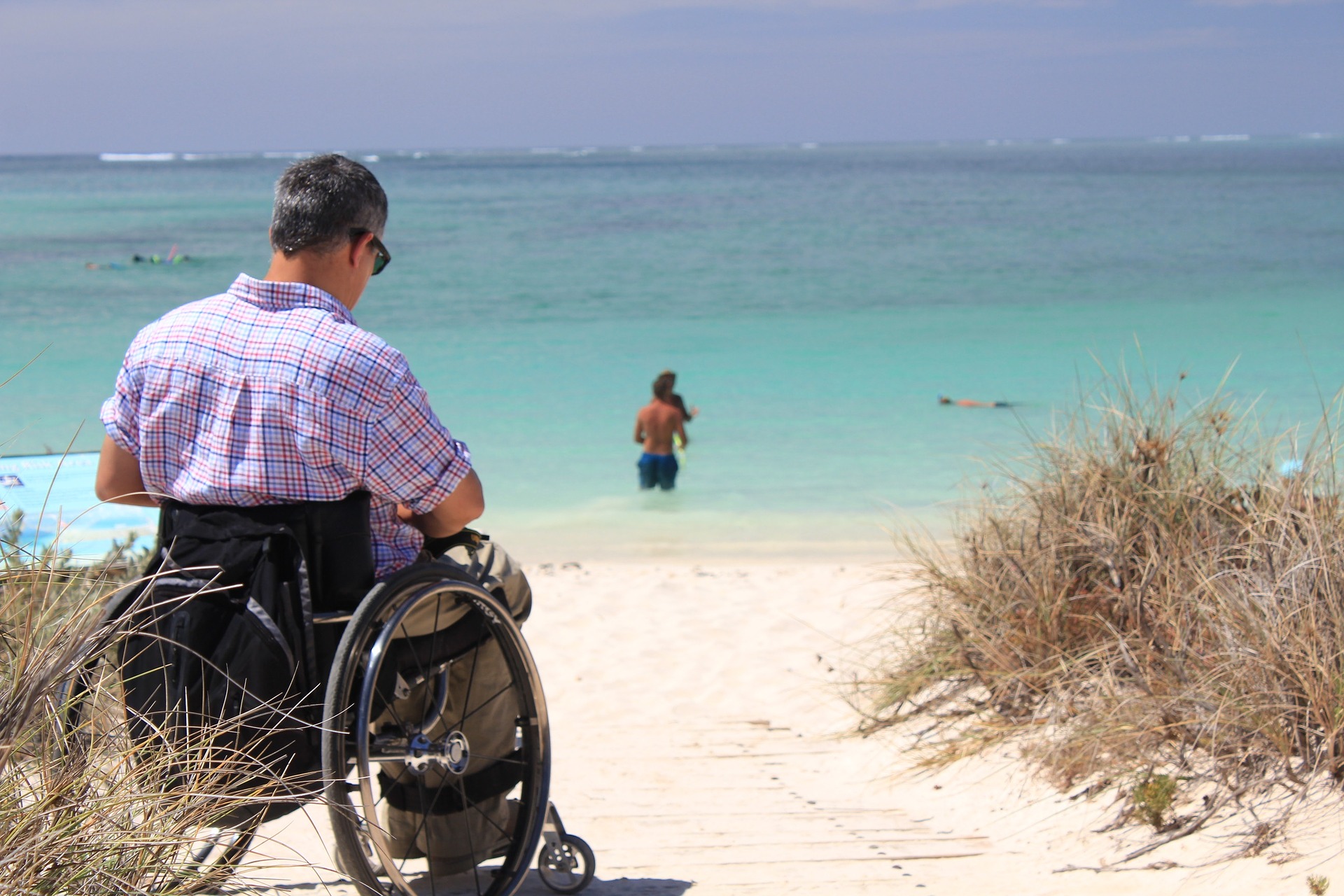Gone are the days when having a physical disability automatically translated into an inability to go on trips.
Nowadays, various measures, including policies, equipment, and services, have been developed to make traveling more comfortable and enjoyable for physically impaired people.
The safety and physical wellbeing of the person with a disability should be of the utmost importance when making travel plans. Hence, suitable accommodations must be made to ensure that the trip is seamless and pain-free for both you and your loved one.
Listed below are six things you should do when travelling with a disabled family member.
Choose an Accessible Airline
An accessible airline provides adequate accommodations for people with a disability and their instrument of care. Before you purchase tickets:
- Take the time to conduct sufficient research into various airlines and their policies about physical impairment.
- Check out reviews about their services, especially those provided by people with disabilities.
- If possible, make calls and inquiries to find out as much about the airline’s facilities and the level of assistance provided.
Make Mobility Arrangements
In situations where the vehicles would not be taken along, hire an airport wheelchair well ahead of time. Make sure there are the same provisions at the destination and other airports in between when you are taking connecting flights.
You can also rent accessible cars and vans that will transport you throughout your stay at your destination.
Obtain Clearance and Advice from the Physician
Depending on the severity of your loved one’s disability, it might be necessary to confirm their eligibility to travel from their doctor.
Book an appointment for a checkup to determine their health status and eliminate the risk of complications. Also, you can consult the physician about precautions and actions to take in case of emergencies. Ask the doctor to provide a note containing essential details about the person’s disability and care measures, if needed.
Prepare for Emergencies
Carry a well-equipped first aid box and extra medications, both regular and for emergencies. Save your doctor or healthcare provider’s contact details on your mobile devices and make them emergency contacts.
Be sure to pack additional equipment such as batteries and chargers for electric wheelchairs, spare parts, and repair tools.
Make sure that you have adequate medical insurance to take care of emergency care or, if possible, get in touch with a hospital or doctor located in your destination.
Reserve Accessible Lodging
Look into hotel rooms, rental homes, and cabins with amenities that will make your stay less stressful.
Reserve rooms that feature ramps for wheelchairs, bars, benches in the bathroom, and enough space to easily maneuver equipment. If you find it difficult to get rooms with adequate accessibility, you can make arrangements with the management of an establishment and get them to provide some modifications or allowances.
Plan Your Itinerary
There is a limit to the number of outings and activities that can be enjoyed or tolerated by a person with a physical disability.
Evaluate all the attraction spots and locations of interest at your destination, taking the ease of accessibility into account. Instead of packing your days choke-full of tours and sightseeing, schedule a few intense activities with some relaxed ones interspersed. For instance, a tour of some monument or ancient relic can be followed by a sedate hour or two spent in a garden, aquarium, or park.
Give yourself and your loved one adequate time to rest after each outing and always adopt safety measures when you are out and about. With careful planning and preparations, you and your relative with a physical disability can have a safe and hitch-free trip. Start preparing weeks or, if possible, months ahead of the trip to ensure that every necessity is provided for and contingency plans are put in place.












